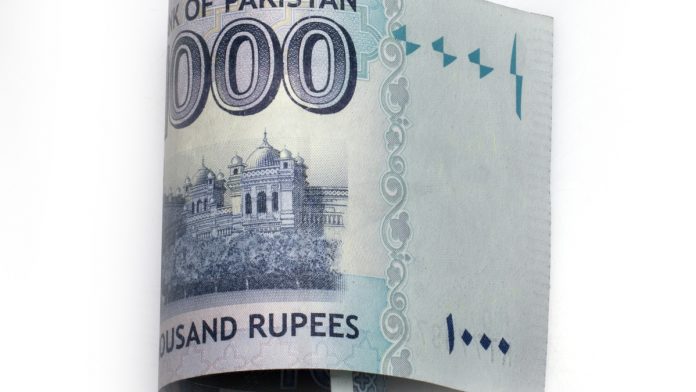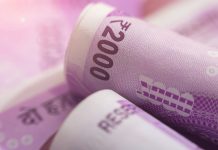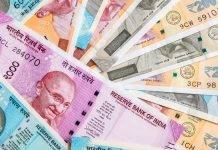- Pakistan Rupee (PKR) gives back yesterday’s gains
- IMF said Q2 & Q3 GDP better than first feared
- US Dollar (USD) rises on safe haven flows after Trump pulls plug on stimulus talks
- FOMC minutes in focus
The US Dollar Pakistani Rupee (USD/PKR) exchange rate is clawing higher paring losses from the previous session. The pair settled -0.2% lower on Tuesday at 163.61 at the session low as the pair hovers around levels last seen in June. At 09:15 UTC, USD/PKR trades +0.2% at 163.95.
The International Monetary Fund Chief Kristalina Georgieva said that the global downturn caused by the coronavirus pandemic will not be as bad as initially feared amid a flood of government spending. However, she also warned that the crisis is far from over.
In June the IMF forecast a 5% contraction across global GDP, however results in the second and third quarters have been better than expected. The IMF also highlighted the vast divergence between rich countries and poorer countries which do not have the resources to spend as much on supporting jobs and businesses. These countries, such as Pakistan will also need help dealing with their debt burden.
The US Dollar is trading higher versus its major peers after Trump pulled the plug on fiscal stimulus talks. The President tweeted that talks would be postponed until after the US Presidential election. The market reaction has been relatively sanguine. This is basically because both Biden and Trump have said that they want additional stimulus, so it is a matter of waiting rather than the prospect of additional stimulus being completely taken off the table.
Prior to Trump’s tweet Federal Reserve Chair Jerome Powell warned of the consequences if no further fiscal stimulus was injected into the economy. The big question now is whether the Fed will look to plug the gap between now and any agreement with additional monetary support?
Attention will now turn to the release of the FOM minutes later today for further clues as to the likelihood of the Fed increasing its bond buying programme.





